Dundee University’s life sciences hub has been awarded £8 million in public funding to help keep spin-out businesses in the city.
Deputy First Minister Kate Forbes was in Dundee on Wednesday to tour the development, currently under construction on Hawkhill.
Dundee University has been praised for its work nurturing spin-out businesses in science and technology, some of which have won lucrative multi-million pound contracts.
The £8m from Scottish Enterprise will go toward completing the hub, including the building of quality laboratories and office space.
Opening early next year, the hub — which cost a total of £40m — will form part of the wider life science innovation district in the city’s west end.
Scottish Government’s commit to retention
Deputy First Minister Kate Forbes told The Courier it was her “mission” support science and technology businesses which launch in Dundee to stay local.
She said Scottish students and universities were “thriving” and touted the success of Dundee’s spin-out companies as an example.
“This new facility will ensure when a business is growing, it does not have to leave Dundee,” she said.
“Businesses here don’t just create jobs, they solve some of the biggest problems we face in Scotland.
“And it is one of my missions to support these businesses as much as possible.
“We have invested £8m, but I want to be led by the evidence of what ensures businesses can grow and develop to the best of their potential.
“What we have seen in Scotland is a brilliant track record of academic excellence, then start-ups and then businesses which get to a certain level of growth and not knowing where to go for capital or facilities.
“And that is why we have a commitment to invest in facilities like this, to keep them here in Dundee and Scotland and also attract them from other parts of the UK.
“What I want to create is a path to growth for the businesses that spin-out of them.”
Dundee to be epicentre for life science business start-ups
Dr David McBeth, vice-principal of Dundee University, said: “By providing state-of-the-art facilities for early-stage, high-growth companies in the health and life sciences sector, we will ensure inventions from Dundee University and other universities, colleges and research institutes in the Tay Cities region will remain anchored in Dundee as they grow.
“Retaining high growth companies is central to the national innovation strategy and will help fulfil the aspiration to grow a vibrant cluster in Scotland, with the creation of many hundreds of high-value, high-skilled jobs in Tayside.
“The hub will also, along with our Centre for Targeted Protein Degradation (CeTPD) form a cornerstone of a life sciences innovation district, being developed in partnership with Dundee City Council and Scottish Enterprise.”
Tay Cities Deal paying out
The hub forms the heart of the Tay Cities biomedical cluster project, an investment of £25 million from the Scottish Government into the university as part of the Tay Cities Region Deal.
Scottish Enterprise is a non-departmental part of the Scottish Government, publicly funded.
Adrian Gillespie, chief executive of Scottish Enterprise, said: “Scotland is internationally renowned for its life sciences excellence and innovation with Dundee being central to this.
“The hub will enable spinouts to remain close to their parent university at a crucial stage in their development while benefitting from bespoke support to grow, scale and flourish.”
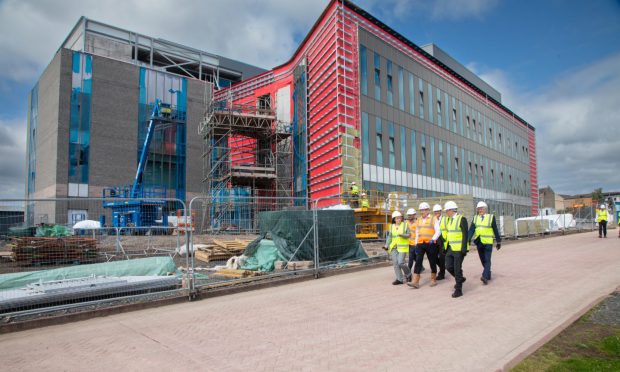
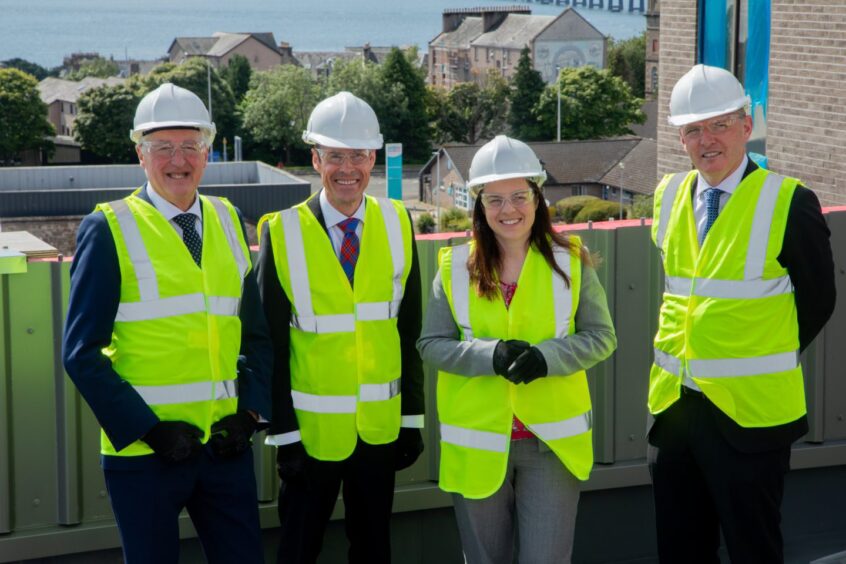
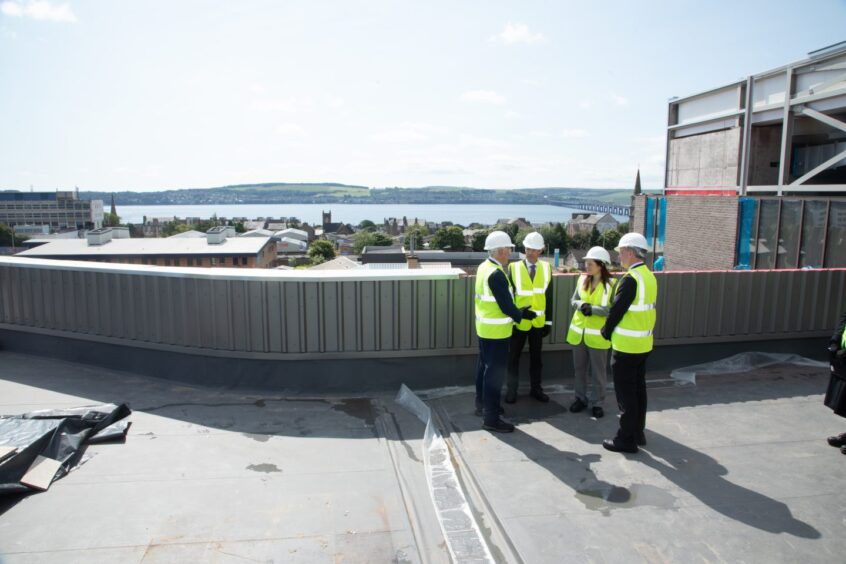


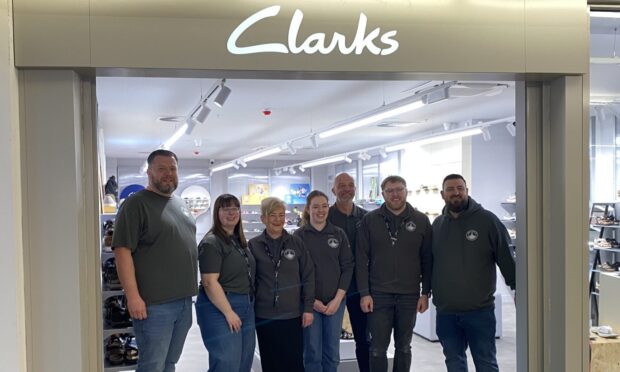

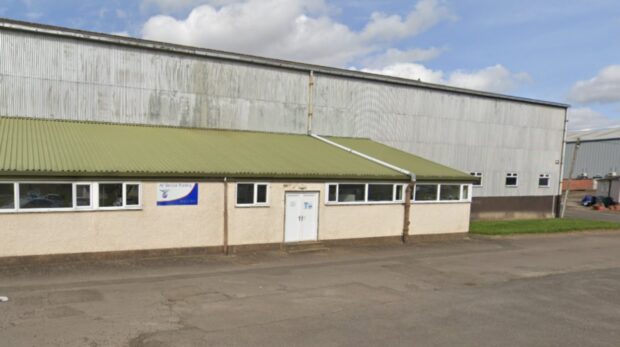

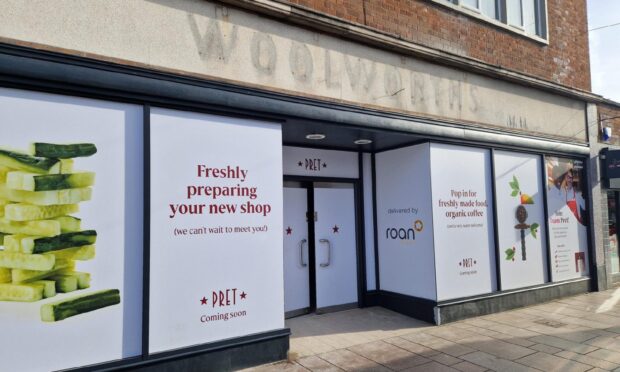
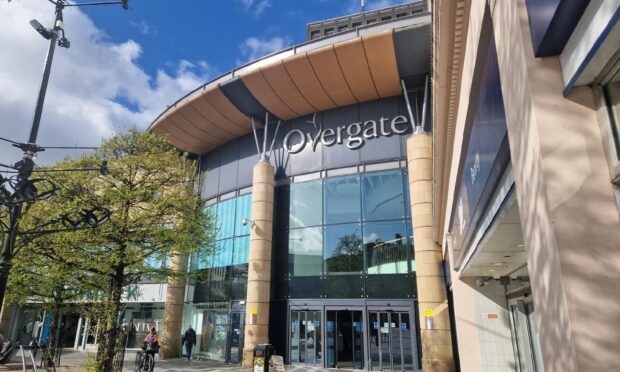
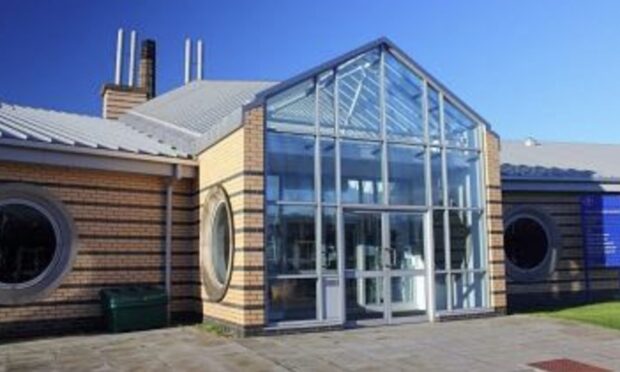

Conversation